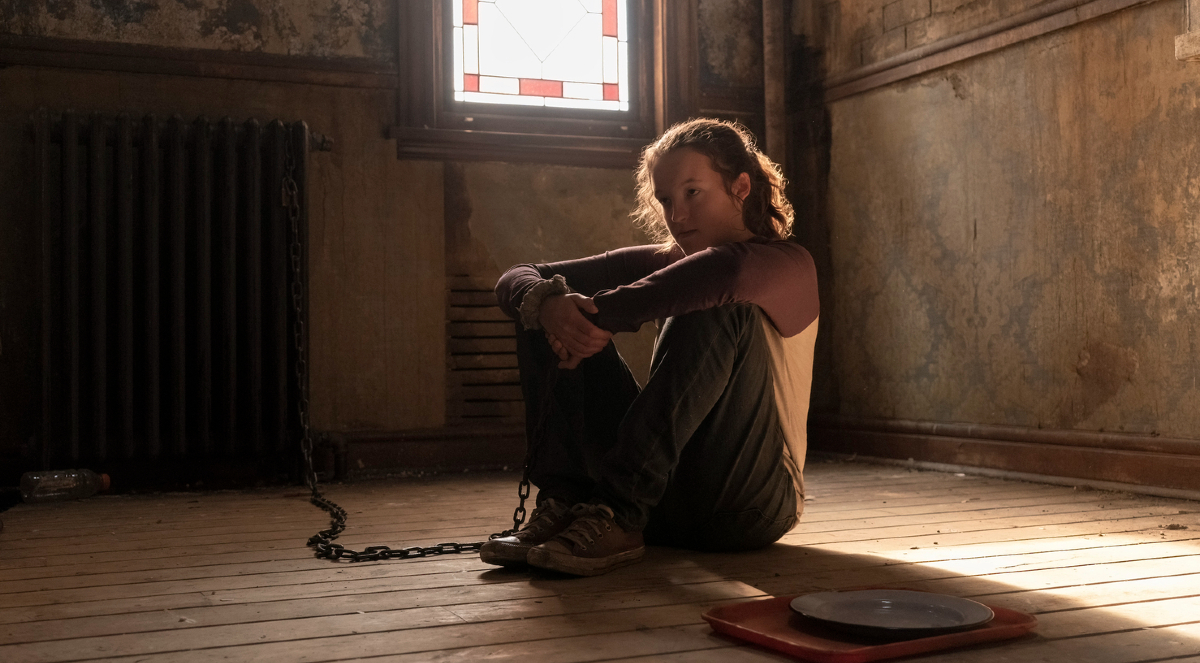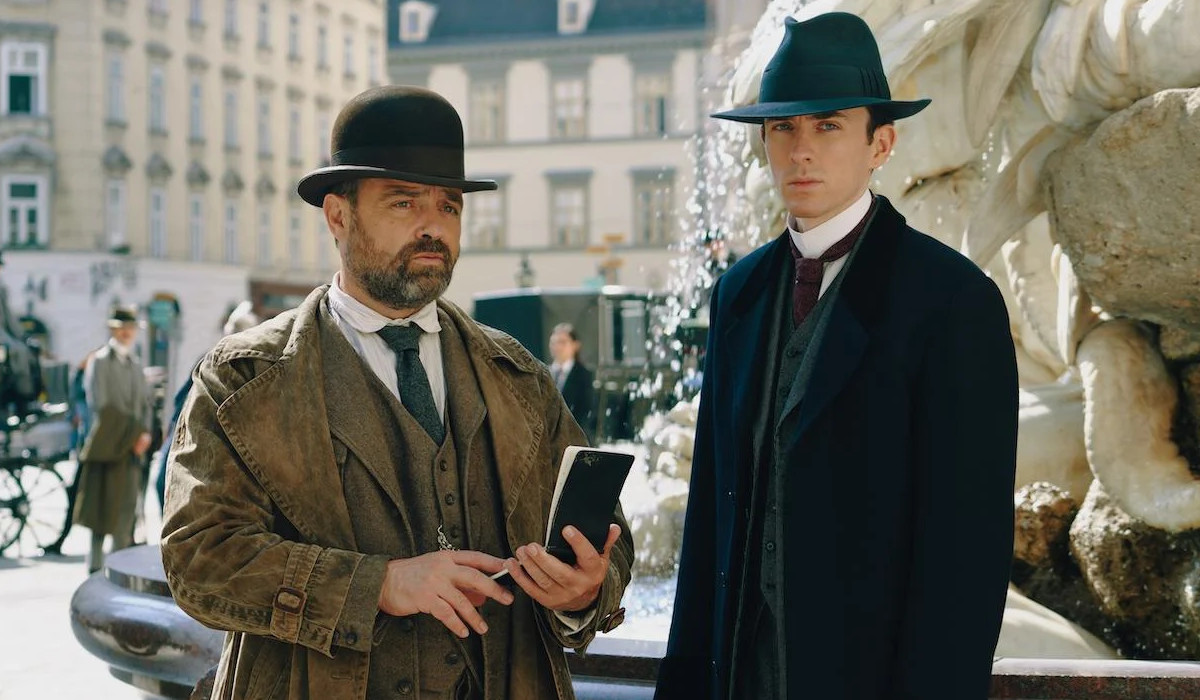The Last of Us is a zombie story at its most terrifying. The clickers, those who have reached the final stage of the Cordyceps infection, are unstoppable, unrecognizable monsters who are fixated on running their victims down and tearing them limb from limb. With skulls that have split open to reveal giant lobed mushrooms where their brains used to be, the Clickers—and the Cordyceps fungus itself—are unforgettable antagonists.
The sheer monstrosity of the Cordyceps is only part of what makes it such a good villain, though. There’s another layer to it—and Pedro Pascal and Bella Ramsey hit on that layer during a recent interview with USA Today.
“I find them fascinating,” Ramsey says of the Clickers, who use echolocation to track their victims. “I guess it’s scientifically plausible that these creatures could exist. I like how smart they are and how connected they are to each other; it’s very familial. I’m probably loving on the Clickers a bit too much—every time I eat a mushroom now, I can’t help but think about them.”
“You feel bad,” Pascal says with a grin, comparing her plight to one of his favorite films. “How you feel about the Clickers and eating mushrooms is how I feel about Nemo and eating fish.”
It might be surprising to hear Ramsey use words like “familial” to describe the Clickers, and to talk about feeling bad for them. The thing is, though, it’s hard not to have complicated feelings about the Clickers and the Cordyceps fungus.
The first reason is obvious: the clickers used to be human beings. In real life, the Cordyceps controls its insect victims by flooding their brains with chemicals that elicit certain behaviors. In The Last of Us, it’s hard to know how much consciousness is left after the Cordyceps reaches someone’s brain. We can only imagine the suffering they might be going through as they’re controlled like a puppet and driven to kill while the fungus slowly destroys their brains.
But there’s a more subtle aspect to it, too. There’s no evidence (at least, not yet) that the Cordyceps fungus actually means humans any harm. Hell, there’s no evidence that it even knows its hosts are alive. It’s just surviving in the only way it knows how, just like humans do. In The Last of Us, the only solution to the Cordyceps pandemic is to try and eradicate it, but it’s hard to feel animosity toward the organism itself. After all, we humans have wreaked havoc on plenty of other species—and even as the world burns around us, we can’t seem to stop ourselves.
Part of what makes zombie horror so enduring is that you can’t help but empathize with the very monsters that the heroes are running from. They’re just doing their best, like us—and that’s a very uncomfortable mirror to gaze into.
(featured image: HBO Max)










Published: Jan 27, 2023 06:30 am